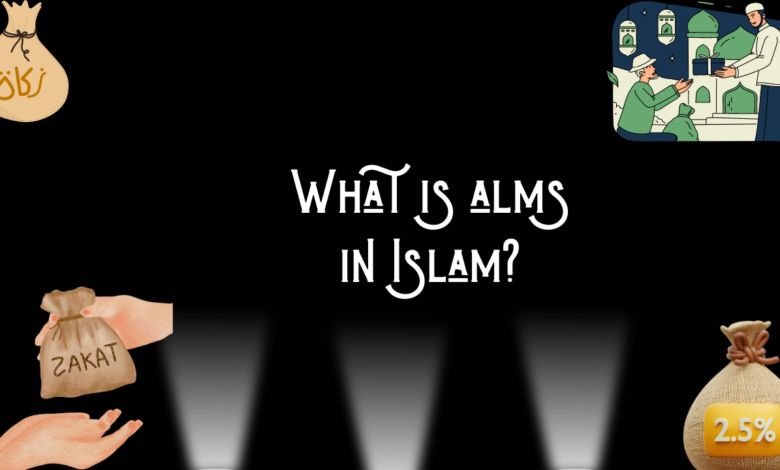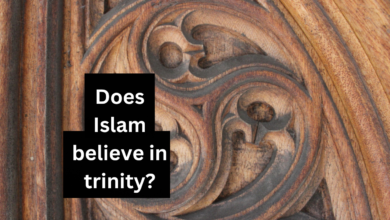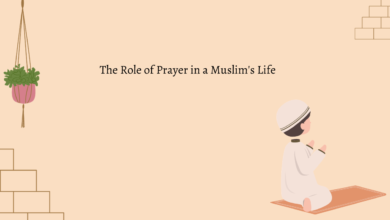What is alms in Islam?

Alms in Islam: Understanding Zakat and Sadaqah
Islam, one of the world’s major religions, encompasses a comprehensive ethical framework that guides the lives of its followers in various aspects. One of the most important pillars of Islamic practice is the concept of giving alms, which includes both zakat and sadaqah. These acts of giving play a crucial role in promoting social justice, empathy, and compassion within the Muslim community and beyond.
Zakat: Obligatory Almsgiving
Zakat, an Arabic word that means “to purify” or “to cleanse,” is a mandatory form of almsgiving in Islam. It is the third pillar of the faith, emphasizing the importance of social welfare and economic equality. Zakat is obligatory for all Muslims who meet certain criteria of wealth, and it is calculated based on specific categories of assets, including money, livestock, agricultural produce, and more. The primary purpose of zakat is to redistribute wealth and provide for the less fortunate members of the community.
Zakat is not just a monetary obligation; it is a symbol of solidarity and shared responsibility among Muslims. It fosters a sense of humility and compassion, reminding believers of the transitory nature of worldly possessions. The funds collected through zakat are intended to support those in need, including widows, orphans, the poor, and the destitute. Additionally, zakat can be used to support various community development projects, education initiatives, and healthcare services.
Sadaqah: Voluntary Charitable Giving
Sadaqah, often translated as “voluntary charity,” is another form of almsgiving in Islam. While zakat is obligatory, sadaqah is a voluntary act of generosity that holds immense spiritual rewards. Muslims are encouraged to engage in sadaqah as a means of drawing closer to Allah and demonstrating their compassion for others.
Sadaqah can take various forms, including giving money, food, clothing, or even providing services to those in need. It can be given at any time and in any amount, depending on an individual’s capacity and intention. Sadaqah is not restricted by specific rules or percentages like zakat, and it can be given to both Muslims and non-Muslims alike.
The Significance of Almsgiving
Both zakat and sadaqah reflect the core values of Islam, emphasizing the importance of community, compassion, and justice. By practicing almsgiving, Muslims contribute to the well-being of their fellow humans and reinforce the idea that all individuals are part of a larger social fabric. This practice helps prevent the concentration of wealth in the hands of a few and ensures that the vulnerable segments of society are cared for.
Moreover, almsgiving serves as a means of purifying one’s wealth and soul. By sharing their resources, Muslims detach themselves from material possessions and focus on spiritual growth and selflessness. In this way, almsgiving becomes a spiritual exercise that nurtures empathy and humility.
Impact Beyond the Community
While almsgiving has a significant impact within the Muslim community, its effects extend beyond religious boundaries. The principles of zakat and sadaqah resonate with broader humanitarian values, transcending cultural and religious differences. Charitable acts promote understanding, unity, and cooperation among diverse groups, as they address common issues of poverty, hunger, and inequality.
In a world facing various social and economic challenges, the concept of alms in Islam offers valuable lessons for everyone. It teaches the importance of considering the well-being of others, fostering a sense of responsibility towards those less fortunate, and promoting a just and equitable society.
Conclusion
The concept of alms in Islam, encompassing both zakat and sadaqah, is a testament to the faith’s emphasis on compassion, social justice, and shared responsibility. By fulfilling their obligation of zakat and engaging in voluntary acts of sadaqah, Muslims uphold the values of empathy, humility, and generosity. These practices not only strengthen the bonds within the Muslim community but also serve as a source of inspiration for fostering understanding and cooperation among people of diverse backgrounds.
Frequently Asked Questions (FAQs) about Alms in Islam
What is alms in Islam?
Alms in Islam refer to the practice of giving a portion of one’s wealth to those in need, as an act of charity and religious obligation.
What is the Arabic term for alms in Islam?
The Arabic term for alms in Islam is “Zakat.”
What is the significance of alms in Islam?
Almsgiving is one of the Five Pillars of Islam, which are the core beliefs and practices that every Muslim should follow. It is a means of purifying one’s wealth and promoting social welfare.
How is alms-giving different from other forms of charity?
Alms-giving, or Zakat, is a specific form of obligatory charity that has fixed criteria and is mandatory for financially capable Muslims. Other forms of charity, known as “Sadaqah,” are voluntary acts of giving and are not bound by the same rules.
Who is obligated to give alms in Islam?
Muslims who meet specific criteria of wealth and financial stability are obligated to give alms. It is not obligatory for those who do not meet these criteria.
What is the purpose of giving alms?
The primary purpose of giving alms is to help redistribute wealth among the Muslim community, support those in need, and foster a sense of social responsibility and compassion.






